Predictive Analytics: 4 Primary Aspects of Predictive Analytics
Smart Data Collective
SEPTEMBER 16, 2020
Predictive analytics, sometimes referred to as big data analytics, relies on aspects of data mining as well as algorithms to develop predictive models. The applications of predictive analytics are extensive and often require four key components to maintain effectiveness.

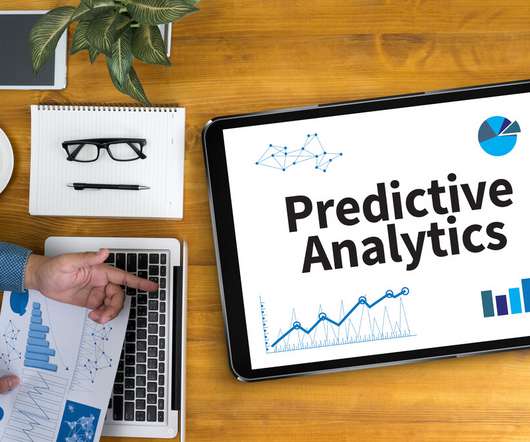
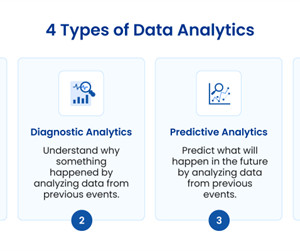
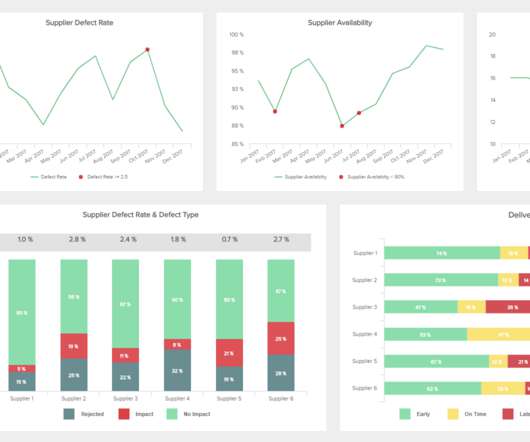
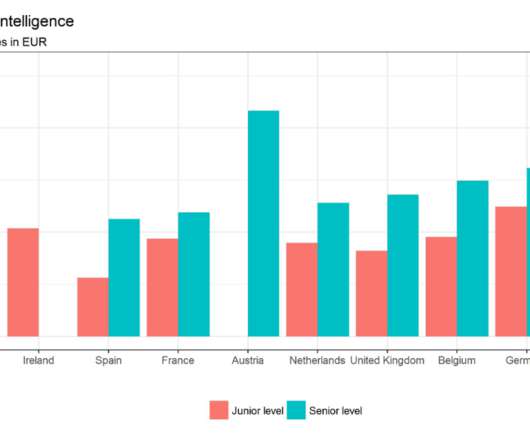



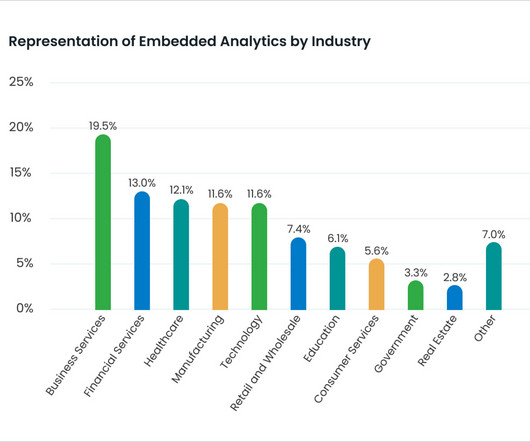






Let's personalize your content